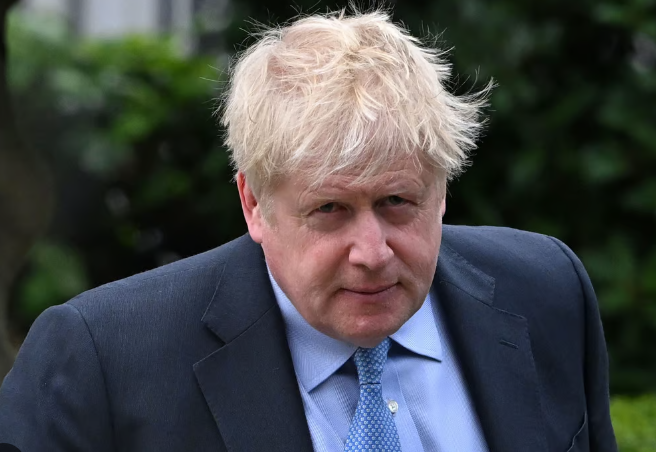
In a recent turn of events, a demand for British Prime Minister Boris Johnson’s WhatsApp messages has taken center stage. The ongoing inquiry, led by baroness Hallett, has requested the Cabinet Office to hand over Johnson’s messages spanning the duration of the pandemic. However, resistance from the Cabinet Office and claims of irrelevance have sparked a heated debate.
The Cabinet Office initially opposed the inquiry’s demands, arguing that the requested information fell beyond the scope of the investigation. Johnson, on the other hand, expressed no hesitation in providing the requested messages. Initially, the submission deadline was set for yesterday at 4 o’clock, but it was later extended to Thursday when the Cabinet Office claimed that the messages were missing.
In a surprising twist, Boris Johnson himself handed over the messages to the Cabinet Office and urged them to promptly deliver them to the inquiry. Despite this development, concerns have been raised regarding the focus of the inquiry. Critics argue that it has become mired in trivial matters and gossip, delaying the release of its final report.

Drawing a parallel to former British Prime Minister Harold Wilson, who once famously stated, “The inquiry takes minutes and wastes years,” there is growing frustration that the investigation is taking an excessively long time to produce meaningful results. The urgency to steer the inquiry back on track has become evident, as many fear that the report’s publication may be delayed to the point of irrelevance.
Critics have characterized the entire situation as an inverted pyramid of piffle, echoing Johnson’s own description. As the public eagerly awaits the outcome of the inquiry, the need for a more focused approach and expeditious action remains crucial to ensure that justice and accountability are served without unnecessary delays.




